Are you tired of soaring energy bills and a drafty home? Your roof holds the key to solving these woes. We will unveil the top strategies and expert tips to supercharge your roof’s insulation, keeping you snug and your pockets full.
Say farewell to heat loss and embrace a cozier, cost-efficient home with our game-changing advice. In this article, we will explore the importance of better insulating your roof, its impact on home insulation, solutions for uninsulated roofs, the benefits of different roofing materials, and other options in roofing materials for homeowners.
Importance of Better Roof Insulation
Proper roof insulation is crucial for maintaining a comfortable and energy-efficient home. It helps regulate indoor temperatures, reduces energy consumption, and prevents issues like ice dams and moisture buildup.
Additionally, better roof insulation can contribute to lower utility bills and improved overall comfort within the home.
Impact on Home Insulation
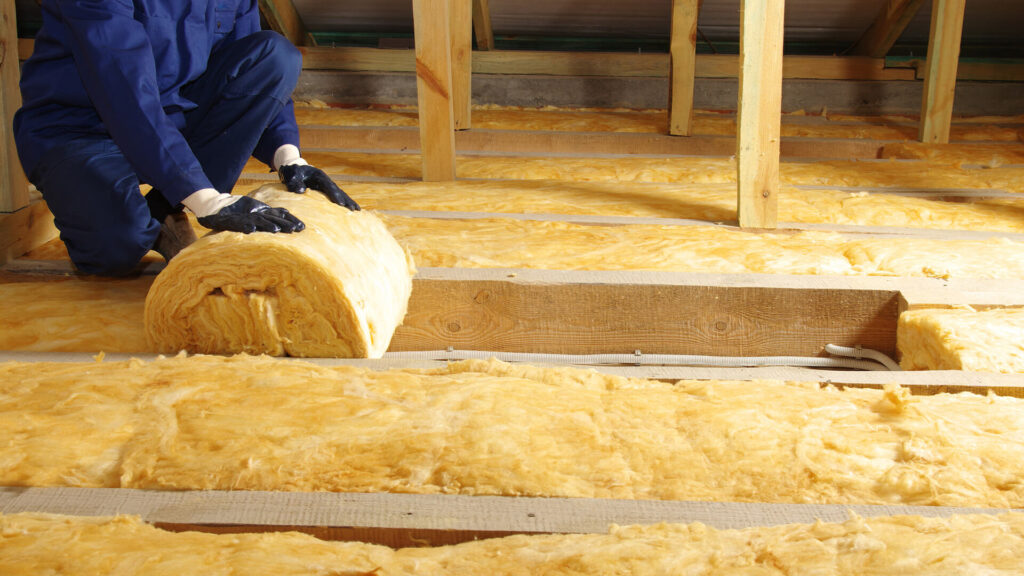
While better insulating your roof is a significant step towards improving home insulation, it does not automatically mean that your entire home is better insulated. Home insulation involves walls, window and door seals, and insulation in the crawl space or attic.
Therefore, while roof insulation is important, homeowners should consider the insulation of other home areas for comprehensive energy efficiency.
Solutions for Uninsulated Roofs
If your roof isn’t insulated at all, it’s essential to address this issue promptly to enhance energy efficiency and protect the structural integrity of your home.
Consulting with a professional roofing contractor, such as Pyramid Roofing, LLC, can help determine the best insulation solution for your specific roof type and structure. Proper insulation installation will contribute to a more comfortable and energy-efficient living environment.
Roofing Material Options: Metal, Shingles, and Tile
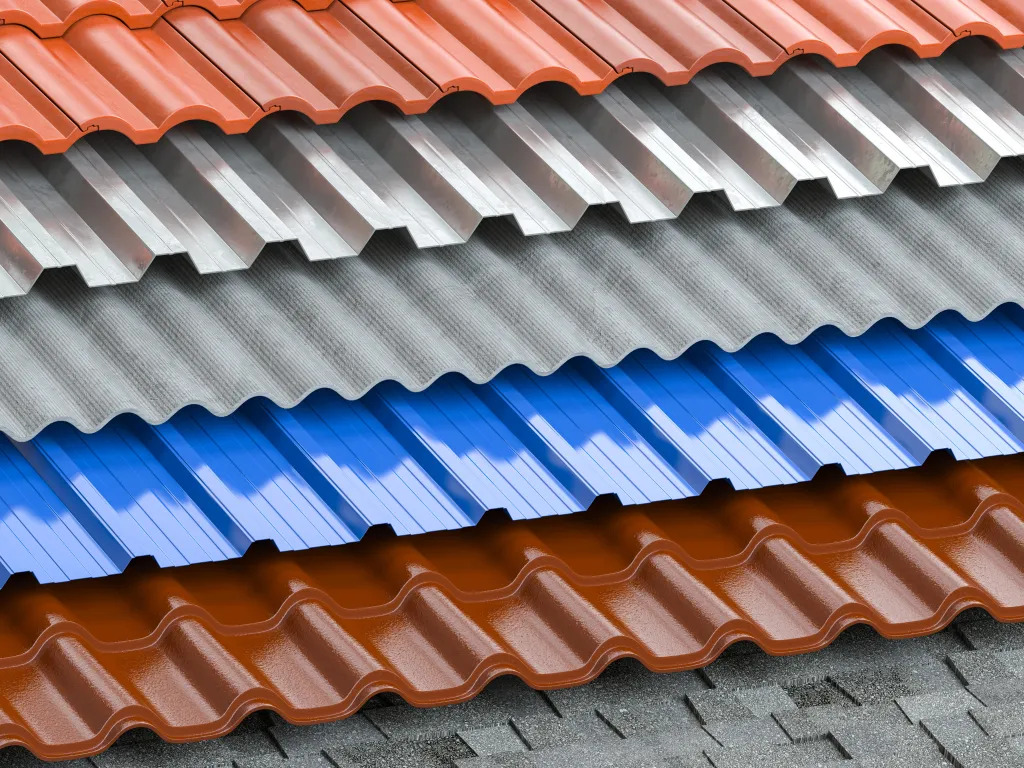 When considering roofing material options, weighing each type’s pros and cons is essential to determine the best fit for your home or building. Metal, shingles, and tile offer unique durability, aesthetics, and cost benefits.
When considering roofing material options, weighing each type’s pros and cons is essential to determine the best fit for your home or building. Metal, shingles, and tile offer unique durability, aesthetics, and cost benefits.
Understanding the characteristics of these materials can help you make an informed decision that suits your specific needs and preferences.
Metal Roofing
Metal roofing offers exceptional durability, longevity, and energy efficiency. It reflects solar heat, reducing cooling costs in the summer, and provides effective insulation during the winter.
Additionally, metal roofs are lightweight and resistant to fire, mold, and mildew, making them a popular choice for homeowners seeking long-term value and sustainability.
Shingles
Shingles provide excellent insulation and weather protection as a traditional and versatile roofing material.
They come in various styles and colors, offering homeowners the flexibility to achieve the desired aesthetic while ensuring reliable insulation and durability.
Asphalt shingles are a popular choice due to their affordability and ease of installation.
Tile Roofs
Tile roofs are renowned for their aesthetic appeal and exceptional insulation properties. They provide natural insulation, keeping homes cooler in hot and colder climates.
Additionally, tile roofs are long-lasting and resistant to fire, rot, and insect damage, making them a valuable investment for homeowners seeking superior insulation and durability.
Other Options in Roofing Materials
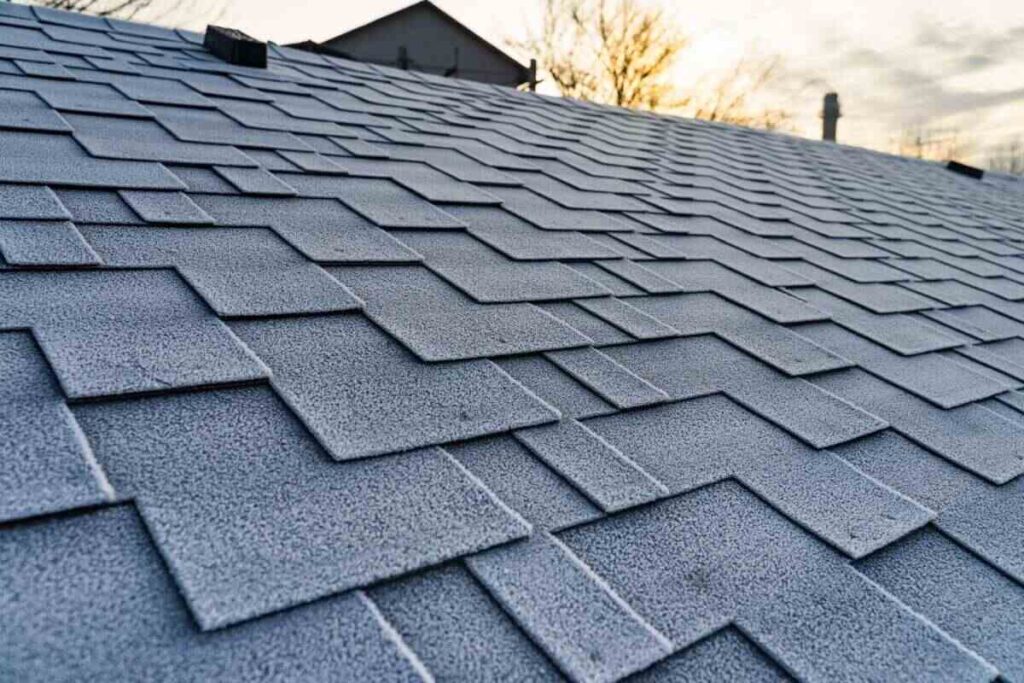 Apart from metal, shingles, and tile, homeowners may consider other roofing materials such as:
Apart from metal, shingles, and tile, homeowners may consider other roofing materials such as:
- Slate: Known for its elegance, longevity, and natural insulation properties.
- Wood Shakes: Provides natural insulation and a classic, rustic appearance.
- Synthetic Roofing Materials: Blend durability, aesthetics, and insulation, mimicking traditional materials with modern benefits.
Comparing Different Insulation Materials
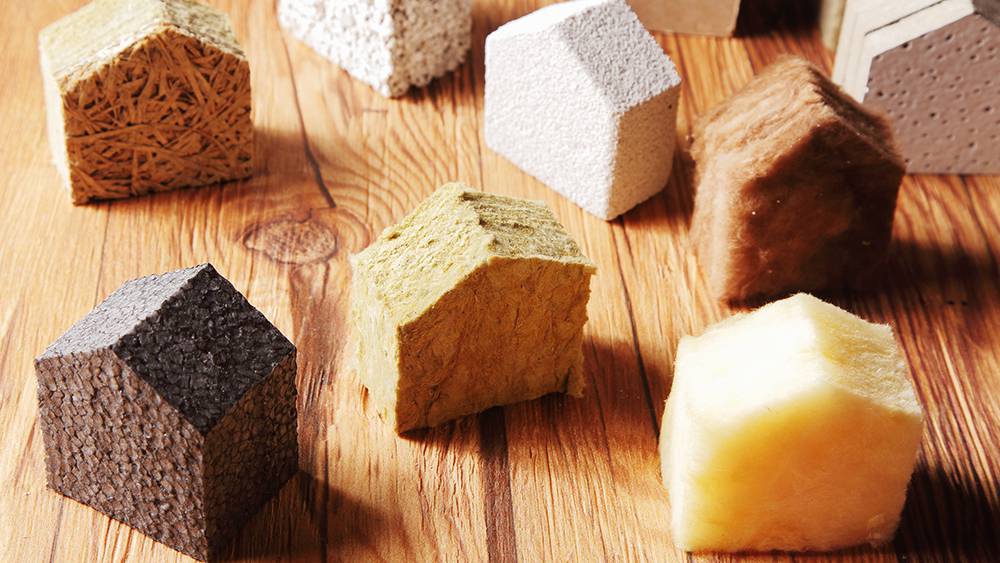 Various insulation materials offer distinct advantages and considerations when insulating your home. This comparison aims to provide insights into different insulation materials’ properties, benefits, and considerations.
Various insulation materials offer distinct advantages and considerations when insulating your home. This comparison aims to provide insights into different insulation materials’ properties, benefits, and considerations.
Fiberglass Insulation
Properties:
- It’s made from glass fibers and is available as batts, rolls, or loose-fill.
- Excellent thermal performance and fire resistance.
- Resistant to moisture and mold growth.
Benefits:
- Cost-effective and widely available.
- Easy to install in attics, walls, and crawl spaces.
- Provides effective thermal insulation.
Considerations:
- It can cause skin irritation if not handled with care during installation.
- Requires proper sealing to prevent air leakage.
Spray Foam Insulation
Properties:
- Available as open-cell or closed-cell foam.
- Provides high R-value per inch of thickness.
- Expands to fill gaps and voids, creating an effective air barrier.
Benefits:
- Superior thermal performance and air sealing properties.
- Resistant to moisture and mold growth.
- Long-lasting and can improve indoor air quality.
Considerations:
- Requires professional installation.
- Higher upfront cost compared to other insulation materials.
Cellulose Insulation
Properties:
- It’s made from recycled paper or plant fibers treated with fire-retardant chemicals.
- Dense and effective at reducing air infiltration.
- Provides good sound insulation properties.
Benefits:
- Environmentally friendly and sustainable.
- It’s cost-effective and offers good thermal performance.
- Suitable for retrofitting existing homes.
Considerations:
- Susceptible to moisture damage if not properly installed and protected.
- It may settle over time, reducing its effectiveness.
Each insulation material offers unique properties, benefits, and considerations. A professional contractor can help homeowners choose the best insulation material, ensuring maximum energy efficiency and comfort.
Considerations for Insulation Materials
When making decisions about insulation materials for residential construction, it’s essential to consider several key factors:
- Performance: Evaluate the thermal resistance (R-value) and the ability of the insulation material to reduce air infiltration for optimal energy efficiency and comfort.
- Cost: Consider the upfront cost of the insulation material, as well as its long-term value in terms of energy savings and durability.
- Installation: Assess the complexity of installation and consider whether professional installation is required for certain insulation materials.
- Environmental Impact: Consider the insulation material’s sustainability, recycled content, and overall environmental impact.
- Moisture Resistance: Consider the insulation material’s susceptibility to moisture damage and its ability to resist mold and mildew growth.
By carefully considering these factors, homeowners can make informed decisions when selecting insulation materials to enhance their homes’ energy efficiency, comfort, and sustainability.
Final Thoughts
Better insulating your roof is essential for enhancing home energy efficiency, comfort, and protection. Whether considering metal, shingles, tile, or alternative roofing materials, selecting a roofing solution that aligns with your aesthetic preferences, budget, and long-term insulation needs is crucial.
By partnering with Pyramid Roofing, LLC, a leading NH roofing company, homeowners can access expert guidance and high-quality roofing solutions tailored to their specific requirements.
Contact Pyramid Roofing, LLC at (603) 641-5500 for professional roofing services, insulation solutions, and expert guidance.

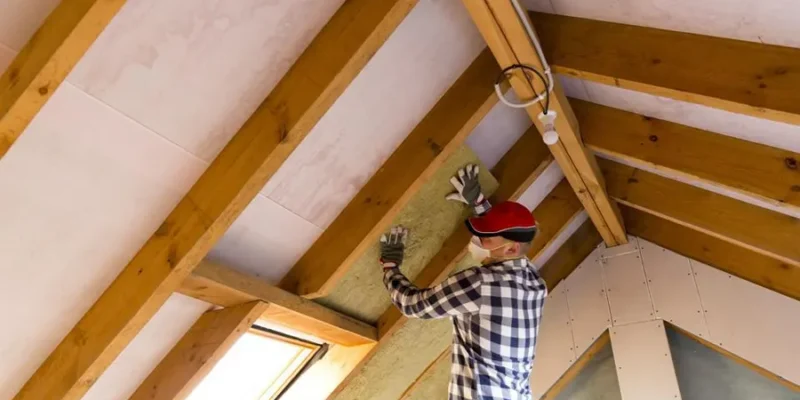
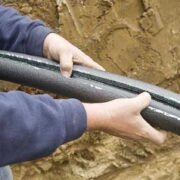

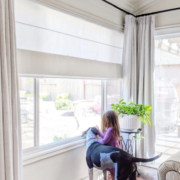


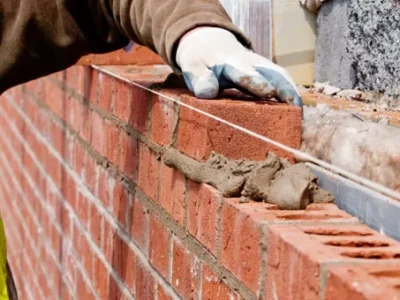
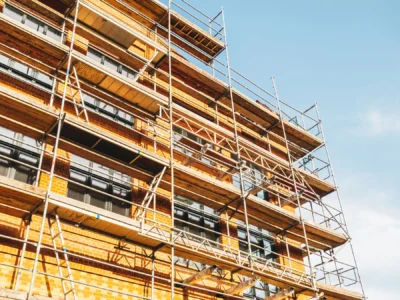

Comments